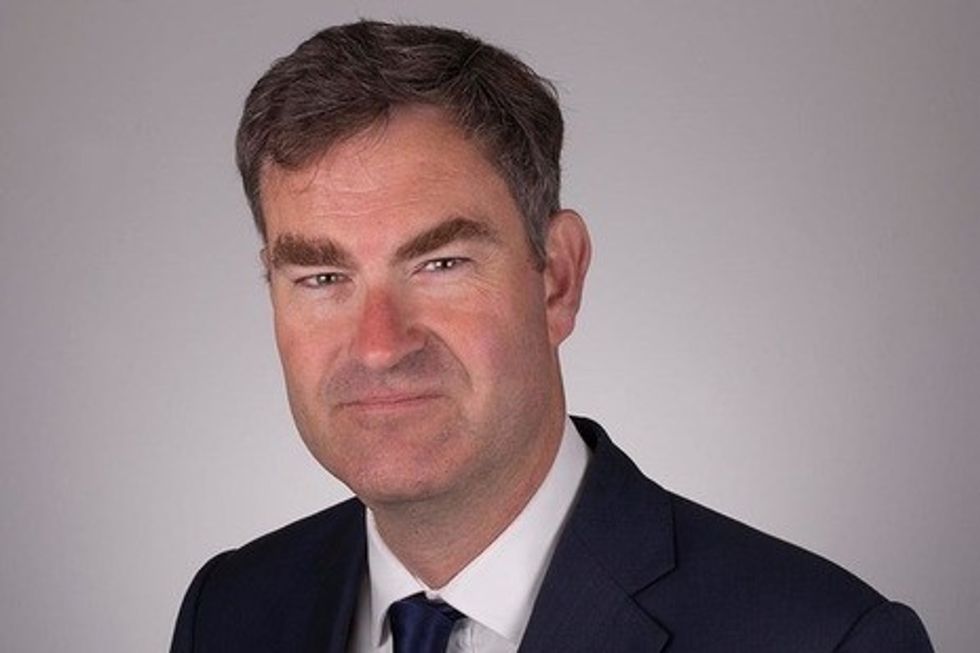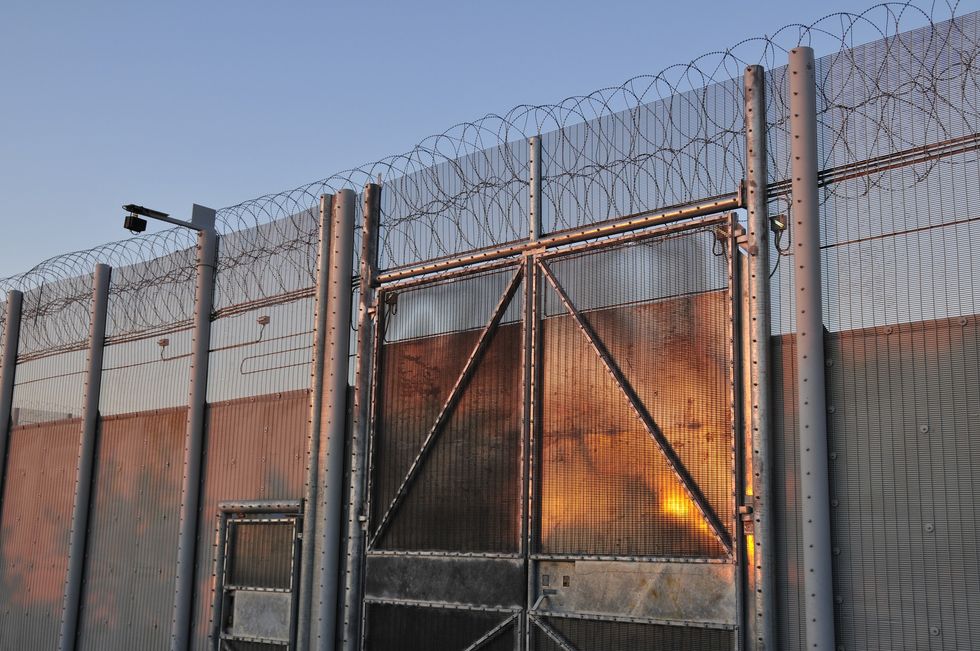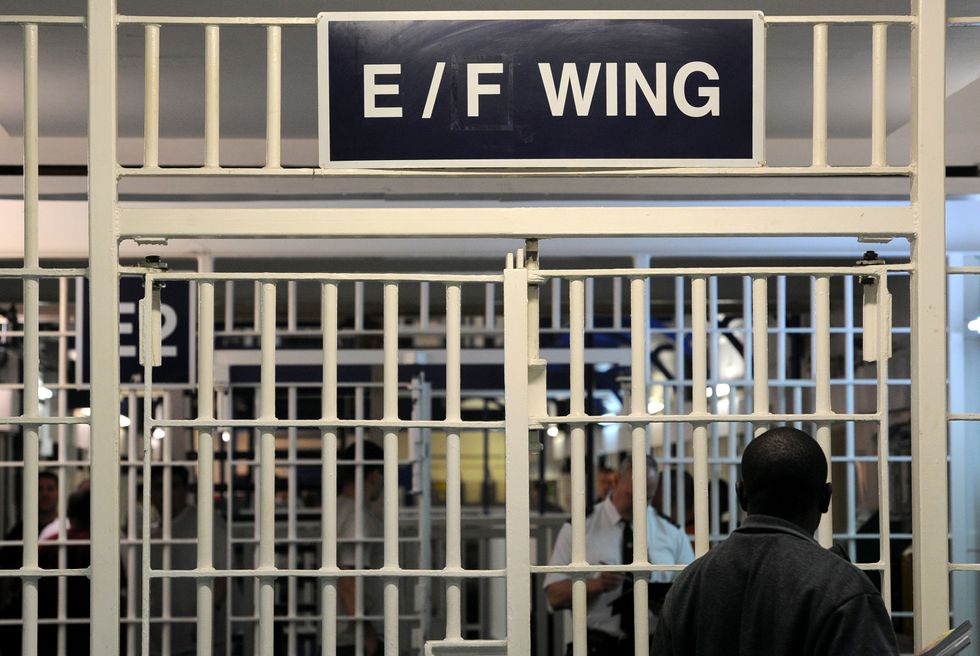WATCH: Shadow Justice Minister Dr Kieran Mullan about ‘soft justice’ as two drug dealers let off because 'they're poor'
GB News
A study found that rising prison populations cannot be attributed to any considered crime-reduction strategy
Don't Miss
Most Read
Trending on GB News
Ill-advised sentencing reforms and a political drive to appear "tough on crime" have pushed Britain's justice system to the brink of collapse, according to a damning new report.
The Independent Sentencing Review, published today, reveals how successive governments' knee-jerk policy changes have created an overwhelmed and ineffective system.
The analysis found that despite falling crime rates since the mid-1990s, an over reliance on longer prison sentences as punishment has left the justice system struggling to cope.
The report criticises policymakers for diverting resources away from probation services and effective alternatives to custody.

David Gauke criticised politicians for operating 'in a vacuum,' increasing sentences for individual crimes without considering wider systemic impacts
GOV.UK
The study found that rising prison populations cannot be attributed to any considered crime-reduction strategy.
Instead, the surge stems from successive governments responding to growing pressure to appear "tough on crime", focusing on longer sentences rather than effective rehabilitation.
The shift in political and media narrative began with the Criminal Justice Act 1991, as each government faced mounting pressure from opposition parties to demonstrate tougher stances on crime.
This trend towards "penal populism" has created an increasingly complex legal landscape that erodes public understanding and confidence in the system.
MORE LIKE THIS:
Public opinion remains skewed by press coverage of atypical cases, fostering incorrect beliefs that fewer people are being imprisoned, the review suggested.
Former Independent Sentencing Review chair David Gauke delivered a stark assessment of the crisis.
"Last year we were confronted with the consequences of decades of haphazard policy making and underinvestment in the criminal justice system bringing it to the brink of collapse," he said.
He criticised politicians for operating "in a vacuum," increasing sentences for individual crimes without considering wider systemic impacts.

Public opinion remains skewed by press coverage of atypical cases, fostering incorrect beliefs that fewer people are being imprisoned
GETTY
"It is time to accept this does not deliver justice for victims, it fails them," Gauke warned.
The report calls for an urgent rethink of how the justice system approaches punishment and rehabilitation.
Key legislative changes have driven sentence inflation, including mandatory minimum sentences and the introduction of Schedule 21 for murder sentencing.
Extended sentences and new release points for certain offences have also contributed to the system's strain.
Many reforms were implemented in response to tragic events, the report notes.
While real-world cases should drive necessary change, the knock-on effects of such reforms have often been overlooked. This has created inconsistencies in the sentencing framework that can leave victims feeling a sense of injustice.
The resulting patchwork of policies, introduced to correct earlier changes, has only added to the system's complexity.
The report reveals stark statistics about the ineffectiveness of prison sentences in reducing reoffending.

Offenders given custodial sentences show the highest reoffending rates, at 37.2% overall
PA
Offenders given custodial sentences show the highest reoffending rates, at 37.2 per cent overall. This figure rises dramatically to 56.9 per cent for those serving short sentences under 12 months.
Community orders or suspended sentences appear more effective at preventing repeat offences, the analysis shows.
"Punishment will always be a central aim of the criminal justice system, but it is not the only aim; and prison is not the only form of punishment," Gauke stated.
The strain on the system is further illustrated by the dramatic rise in recall prisoners.
In 1993, fewer than 100 prisoners were in custody due to recall. This figure had surged to 9,000 by 2020 and reached 12,920 by the end of December 2024.
The report identifies several factors behind this increase, including mandatory supervision periods for shorter sentences.
Heightened risk aversion among probation officers, following high-profile serious offences covered by media, has also contributed.
The review is now examining how sentences are administered, including prison release points, community supervision periods, and the recall system.







